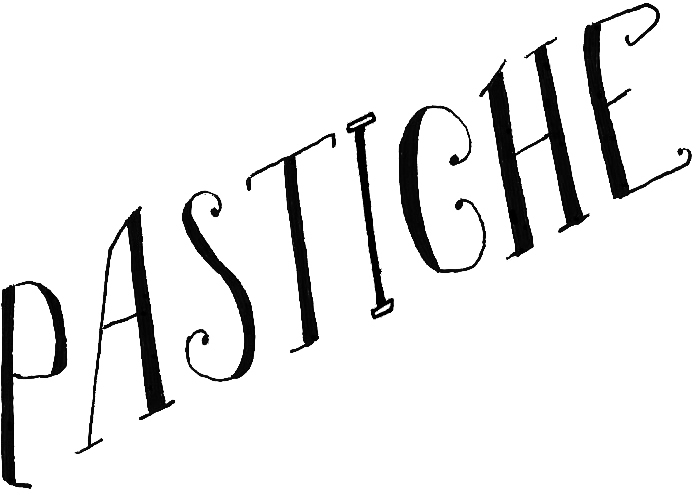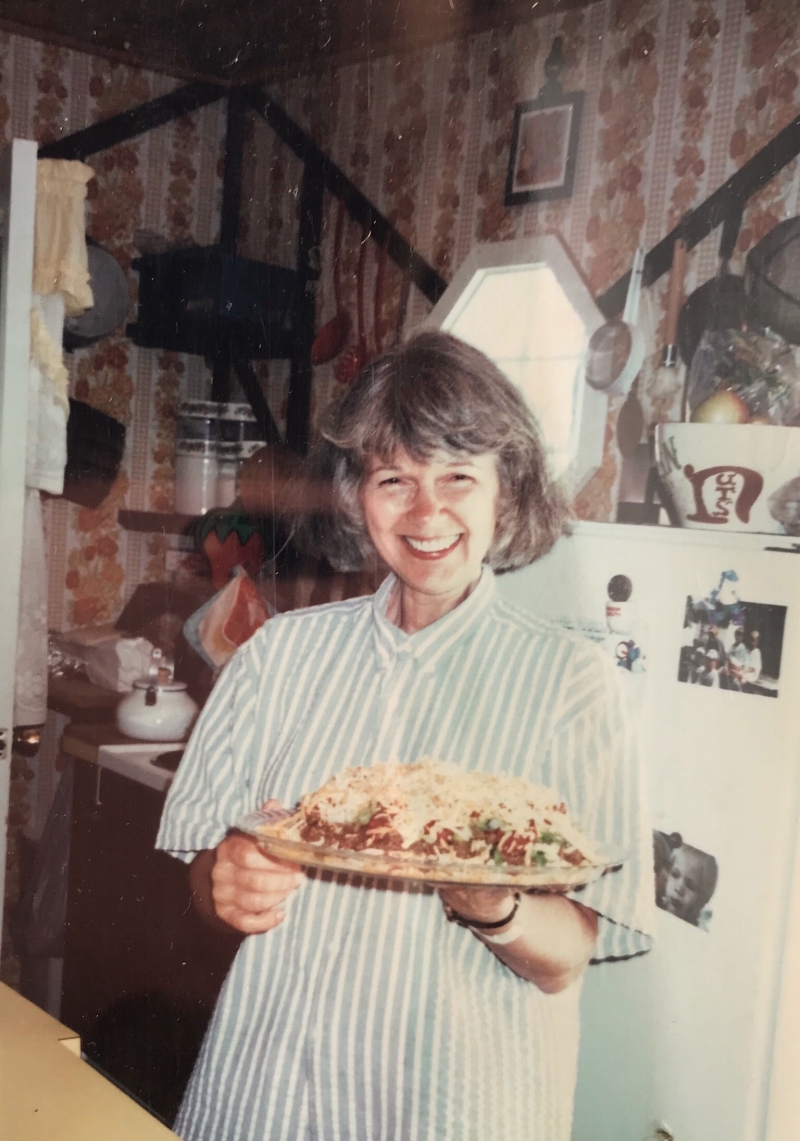Growing up at the St. Lawrence
When you’re little, the world around you seems to turn like a play. And you’re at the center of it. Scenes change; sets turn over—without so much as an interruption. The show goes off without a hitch. The crew in black aren’t seen as they rush around the stage—but you wouldn’t have noticed them anyway. Because things happen somewhat magically when you’re a kid. Not really in a mystifying way, but in the way that you have no knowledge or care for the process by which the proverbial rabbit gets into the hat. You just expect it to be there, and it is there, most of the time. In fact, isn’t that a little bit of what childhood is, in a nutshell? Just expecting things, based off the day before, or the summer before, or all that you’d known before, and wishing for what’s to come next with so much haste. Life is boredom and excitement, without much in between. When you’re little, the past as a predictor of the future is remarkably reliable.
The two hour drive to our little cottage, our camp, on the St. Lawrence River was always filled with excitement and a hurried urge to just get up there, only to get there and feel the same, familiar feelings of slow living. And we’d delight in filling the slow time that teetered on boring but never was.
Arriving was always the same. Pulling down the steep, winding road, the car rhythmically rocking back and forth from the busted up, weed filled pavement below. Getting out and smelling the air and every layer within it—the water, the moss, the wood, the trees. Walking to the end of the dock and feeling a faint hint of something come over me (Love? Gratitude? Mortality?) that I don’t think I’d understand or fully comprehend for years to come. Feeling the breeze turn my skin into goosebumps as it passed. Turning around and looking up at the camp my grandpa built and seeing reflections of the trees dancing on the windows and the faint outline of figures inside.
And we’d gloriously fill the time with the same familiar stuff, every time. There were no TVs, no stores, no movies, no toys, no phones, no bedrooms.
We’d walk around the grass and porch and shore barefoot. We’d squint into the sun and throw rocks as far as we could and go fishing for bass as my grandpa trolled the motor. We’d jump off the end of the dock and bathe in the river and bounce in the water on our tippy-toes as my grandma held onto us. We’d change into my grandpa’s sweatshirts and my grandma’s t shirts and snack on cheese and blueberries and candy as the camp filled with streaks of golden light and soft shadows fell on our faces. My grandma would move about the tiny galley kitchen, always either cleaning up from the last meal or preparing for the next one. My grandma: part of the stage crew—the magician with the black hat—making life happen blissfully and seamlessly without us having any concern for how. She’d make us laugh forever, feed us, rub our backs, play with our hair, wait on us, think with us. We’d play Gin Rummy and lay in the hammock and read. We’d color and write lists and tell stories. We’d open the windows and climb into bed together and fall asleep with the sounds of nighttime on the river outside.
I knew I loved these people, my people, so much, but I rarely thought about it. I just felt it as a part of me, like my two arms, my two legs, my lungs, my heart. And just like my own organs, they seemed to exist for me. I had no sense of who they were outside of me, or before me. I just knew they were OK playing the role of my entire world in my life.
We’d wake up to chilly, damp mornings and the smell of butter on the griddle and coffee and bacon. The occasional murmur of voices could be heard down below the loft from each corner of the camp. My grandma’s coffee cup on the table. The paper turning in my grandpa’s hands. The juuuuhje of the sliding glass door telling me that someone’s left. Or come in? No, left. Slow, deliberate steps across the porch and down the steps. Grandpa going fishing probably. Steps again, and juuuuhje again. Nope, he’s back. Probably putting the recycling in the shed. I’d lay there for a while, pretending I was still asleep and taking such comfort in the sounds and smells of the familiar world below.
It was just a lot of the same, but that’s what was so lovely then, and what feels so tragically nostalgic today.
Nostalgia, for me, has always been mixed with an almost supreme sense of sadness. A kind that is difficult to articulate really. It’s not a sadness that makes you cry, or sleep, or want to talk about it. It’s a quiet one—one that you only ever share with yourself, with your own memories. It’s like all your past selves are standing with you, looking over your shoulder. It’s odd in that way—you’re alone in it, but it’s not lonely. It’s mournful because your past selves, your earlier lives, are gone, but you can still feel them and see them around you. You still remember them, but you can’t reach out and touch them. You can even put yourself back there, but it’s almost too sad to do it. And it’s overwhelming in the way it comes over you, like you’ve stepped back into your life after years away to suddenly realize how much has changed. Why wasn’t I more aware that time was passing? Why couldn’t I have held on longer? But there’s nothing to hold onto. It’s waves washing sand back and forth, day in and day out. It’s water seeping out between your fingers. It’s a setting sun, which is to the eyes either just a sun, or a set sun. Even though the mind intellectually knows the sun is constantly in the process of setting.
I can remember watching my grandpa sit on the porch. I’d wonder what he was thinking about, and how that’s all he wanted to do. Just content looking out at the water, drinking his gin gimlet. It seemed almost meditative to me, like he was devoid of thought or all expectation or wishfulness. I wondered if I'd ever be an adult like that.
I know now that he wasn’t devoid of thought (very much the opposite, I'm sure), but I was onto something believing he was content. For all of the bliss that is childhood, adulthood lets us recognize the beauty and perfection in a moment. Adulthood teaches us to freeze. To breath, to laugh, to open our eyes and know that this is everything. Absolutely everything in a moment, for only a moment. Because adulthood is also realizing that every time the scene changes, you’re closer to the end of the play, and further and further from where it started.
I’m torn. Do I wish I had more awareness when I was younger? A contentedness, a consciousness to embrace the moment? It is so sad to me to think any part of its fleeting fragility was lost on me. But I also want to protect that girl forever. Keep her in still frames of my memories where the scenes were somehow both mundane and utterly magical and never-ending over hours and days and months, and where the show went off without a hitch.

